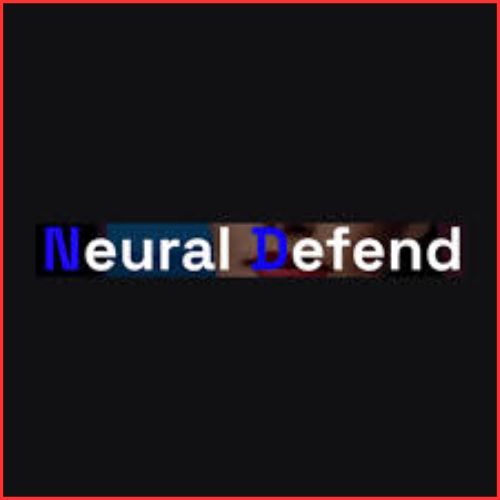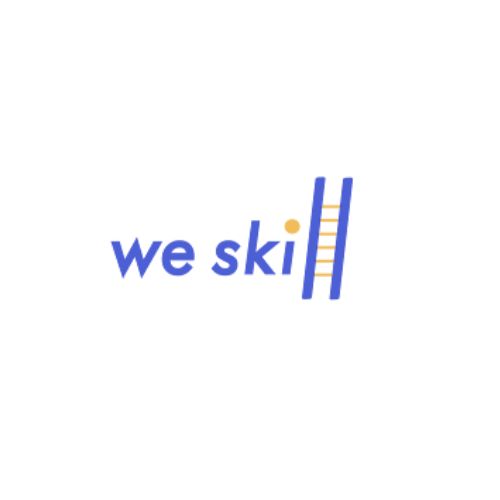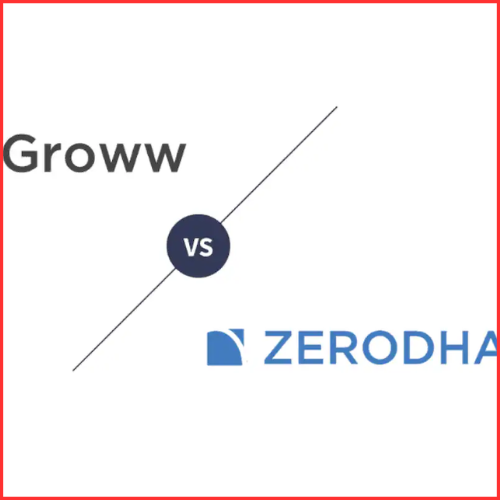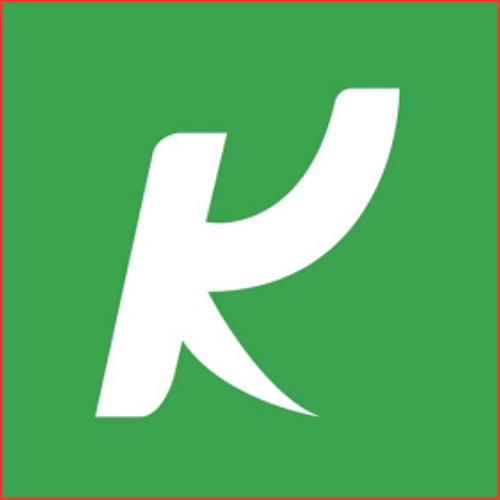With social media becoming an integral part of our lives, various issues need to be addressed. One of the main concerns is how it affects data sovereignty, censorship, and trustworthiness. However, blockchain-based decentralised social media networks offer solutions to these problems by enhancing user security and control.
These platforms differ from conventional social media by placing greater importance on giving users more control. This article aims to explain what decentralised social media is and discuss its advantages and disadvantages.
Comparing Social Networks with and Without Centralisation
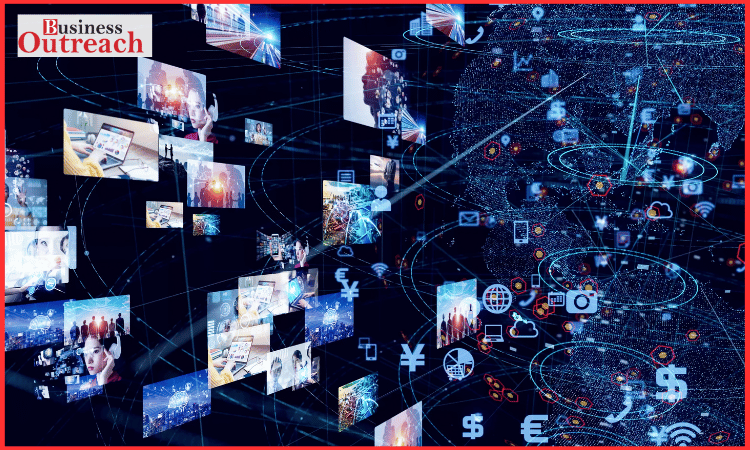
Social media platforms that are controlled centrally can censor content and use personal data to display advertisements. Decentralised social media platforms, or DeSo, operate through blockchain technology that distributes information across user networks without relying on a central server. This particular feature makes these platforms resistant to censorship and ensures user privacy protection.
Users can enhance their anonymity on decentralised networks by creating profiles linked to their cryptocurrency wallets. These networks often use cryptocurrencies and NFTs to monetise the platform, compensate content creators, establish ownership, and promote community governance.
DeSo networks allow users to control content without the influence of algorithmic bias. They also ensure data security through distribution and encryption, which sets them apart from centralised networks. Furthermore, some of these networks offer DeFi functionality, enabling users to communicate and transact financially with one another.
Decentralised Social Media Networks: Features, Advantages, and Difficulties

Decentralised social media platforms leverage blockchain technology and smart contracts to establish a secure and censorship-resistant environment where users have complete autonomy over their records. These platforms employ encryption to ensure user privacy and operate on a peer-to-peer network that enhances resilience against outages.
Often, such platforms have native tokens to facilitate commercialisation, allowing for direct money exchange between content creators and consumers.
How They Operate?
DeSo networks utilise smart contracts for platform logistics and IPFS for data security, which function on a worldwide network of nodes. This network is well-known for its ability to safeguard user data and its resilience, in contrast to the security risks that centralised networks face.
Benefits
- Censorship Resistance: Ensures that creators have the option to choose what content is removed while also protecting free expression.
- Direct Ownership and Engagement: Enables direct interactions between creators and their audiences by obviating the need for third parties.
- Opportunities for Monetisation: Empowers income generation through NFTs and cryptocurrency transactions.
- Open-source software offers enhanced data security and transparent operations, superior to centralised competitors.
- Improved Privacy: Allows for anonymous usage without the need to reveal personal information.
Difficulties
- Transaction Fees: Users may feel discouraged by fees on networks such as Ethereum during peak hours.
- Digital Divide: Exclusion happens to people who do not have access to the internet or modern technology.
- Scalability and Complexity: It struggles to accommodate a growing number of users and has a steep learning curve.
- Public Perception and Regulatory Obstacles: Establishing user confidence can be challenging, especially when legal environments are unclear and difficult to navigate.
What does the future hold for the integration of blockchain and social media?
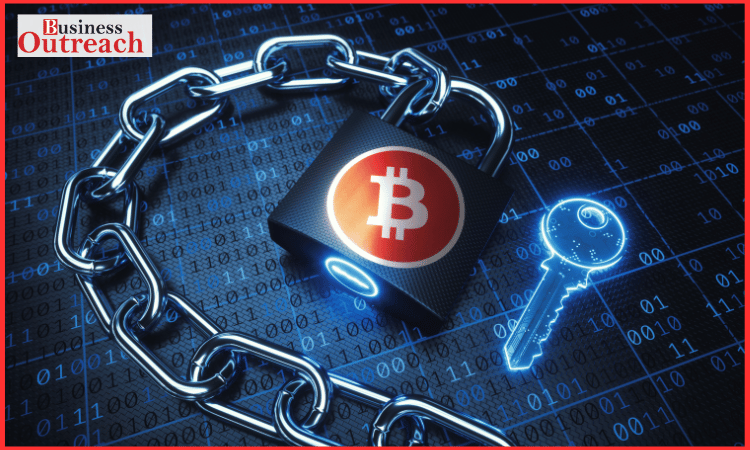
Blockchain technology is being integrated into Web3 and classic Web2 social media sites, introducing new features and enhancements to the user experience.
Reddit is leading the way in introducing ERC-20 Community Points for engaging content. Users can exchange these points for additional benefits within subreddits. Such concepts are pertinent to community management, as Reddit employs Arbitrum to enhance efficacy and scalability.
Instagram users can now display their digital treasures straight on their profiles by linking their wallets to NFTs based on Ethereum and Polygon. This integration indicates the platform’s move towards a more favourable environment for digital assets.
Data Ownership, VR and AR
Decentralised social networks tackle data ownership, counterintelligence, and privacy issues and are a significant step towards a more democratic internet. By prioritising community involvement, content licensing, and user authentication, these networks have the potential to transform social media into a platform that serves purposes beyond socialising.
Advanced virtual and augmented reality software could be integrated with decentralised platforms to revolutionise online communities. These platforms aim to promote a more transparent and user-managed digital ecosystem by providing enhanced cross-platform compatibility, security, and privacy. In the future, social media could be transformed into a fully immersive experience, creating a new way for people to interact online.
Concluding Remarks
Integrating social media and blockchain technology can enhance safety, privacy, and transparency while empowering users with enhanced decision-making power over their information. Platforms enabled by blockchain prioritise data management, reclusiveness, and resistance to censorship while encouraging community-driven creativity and governance.
These platforms signify a shift towards distributed ledgers as the central component of future social networking, with the intention of establishing a more equitable and user-centric internet.









